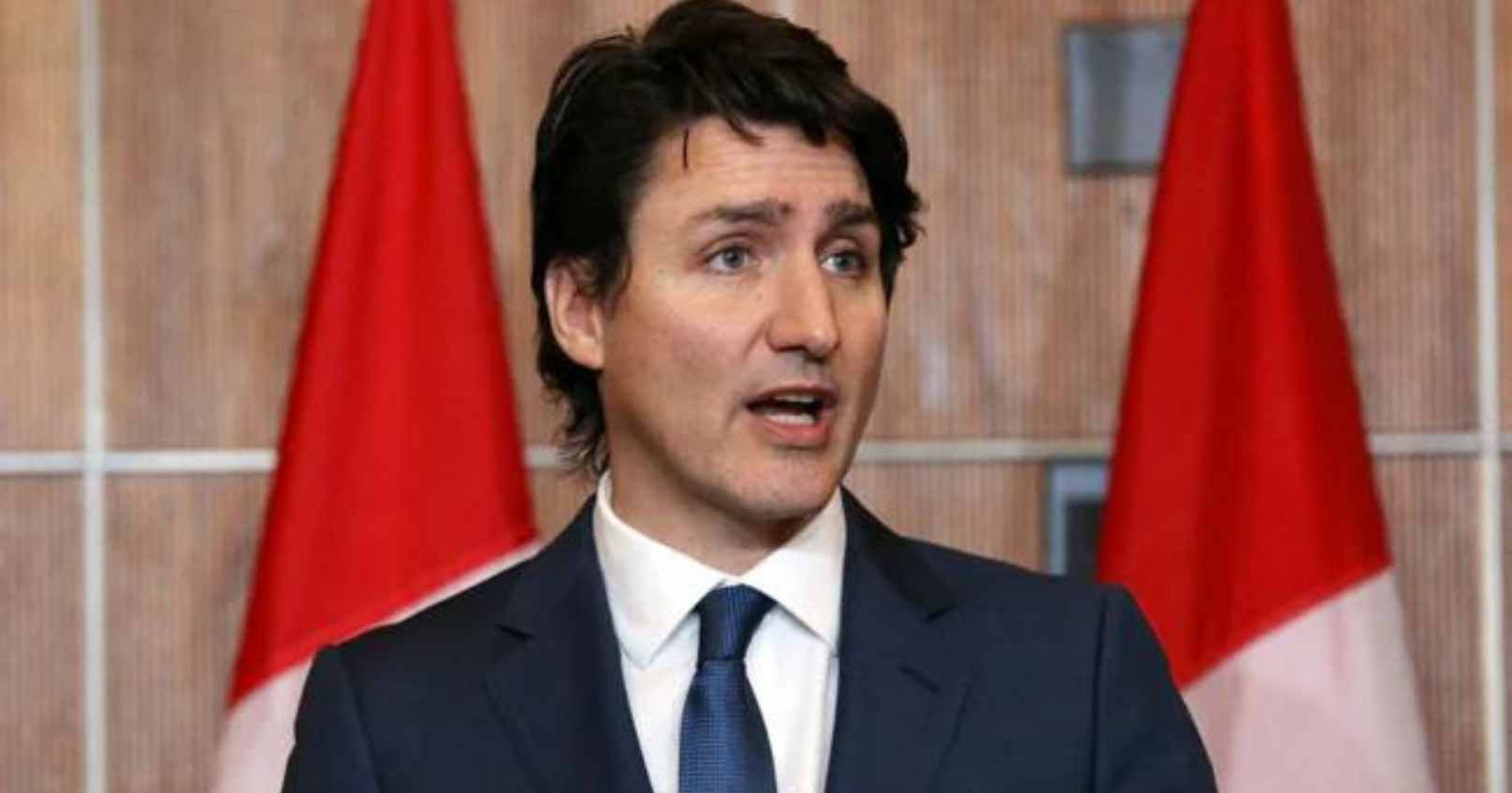A high-level Canadian parliamentary committee has recently designated India as the "second-biggest foreign threat" to Canada's democracy, with China retaining the top spot. This marks a shift from 2019 when India was ranked third, now surpassing Russia in the foreign threat index.
The National Security and Intelligence Committee of Parliamentarians' report highlighted, "India emerged as the second-most significant foreign interference threat to Canada’s democratic institutions and processes." The report suggests that India's interference has extended beyond countering pro-Khalistani activities to include broader attempts to influence Canadian democratic processes and institutions, targeting politicians, ethnic media, and Indo-Canadian communities.
Earlier this year, the Canadian Security Intelligence Service (CSIS) released unclassified documents pointing to interference in Canada's elections by various countries, including India. In response, India has strongly denied these allegations, labeling them as unfounded.
"We strongly reject all such baseless allegations of Indian interference in Canadian elections," said Randhir Jaiswal, spokesperson for India's Ministry of External Affairs, in April.
The National Security and Intelligence Committee of Parliamentarians (NSICOP), which includes members of both the House of Commons and the Senate, authored the report. Unlike the 2019 report, which ranked Russia as the second most significant threat, the latest findings suggest that Russia's activities were less impactful than previously thought.
The committee also noted interference activities by Pakistan and Iran. Canadian Deputy Prime Minister Chrystia Freeland emphasized the government's vigilance against foreign political interference, stressing the importance of not being naive about the efforts of authoritarian governments to undermine democracy.
This report surfaces amid heightened tensions between India and Canada. Relations have been strained since Canadian Prime Minister Justin Trudeau accused the Indian government of involvement in the killing of Khalistani activist Hardeep Singh Nijjar, an allegation India dismissed as "absurd and motivated."
Despite these diplomatic frictions, Trudeau recently congratulated Indian Prime Minister Narendra Modi on his victory in the 2024 Lok Sabha elections. The report indicates that India's interference efforts have expanded, implicating some Canadian Members of Parliament in inappropriate communications and financial dealings with foreign powers.
China remains the primary actor in foreign interference, described in the report as the "most prolific." The report outlines China's strategy to bolster the Chinese Communist Party's legitimacy and stability by targeting various aspects of Canada's democratic institutions to further its strategic interests.







